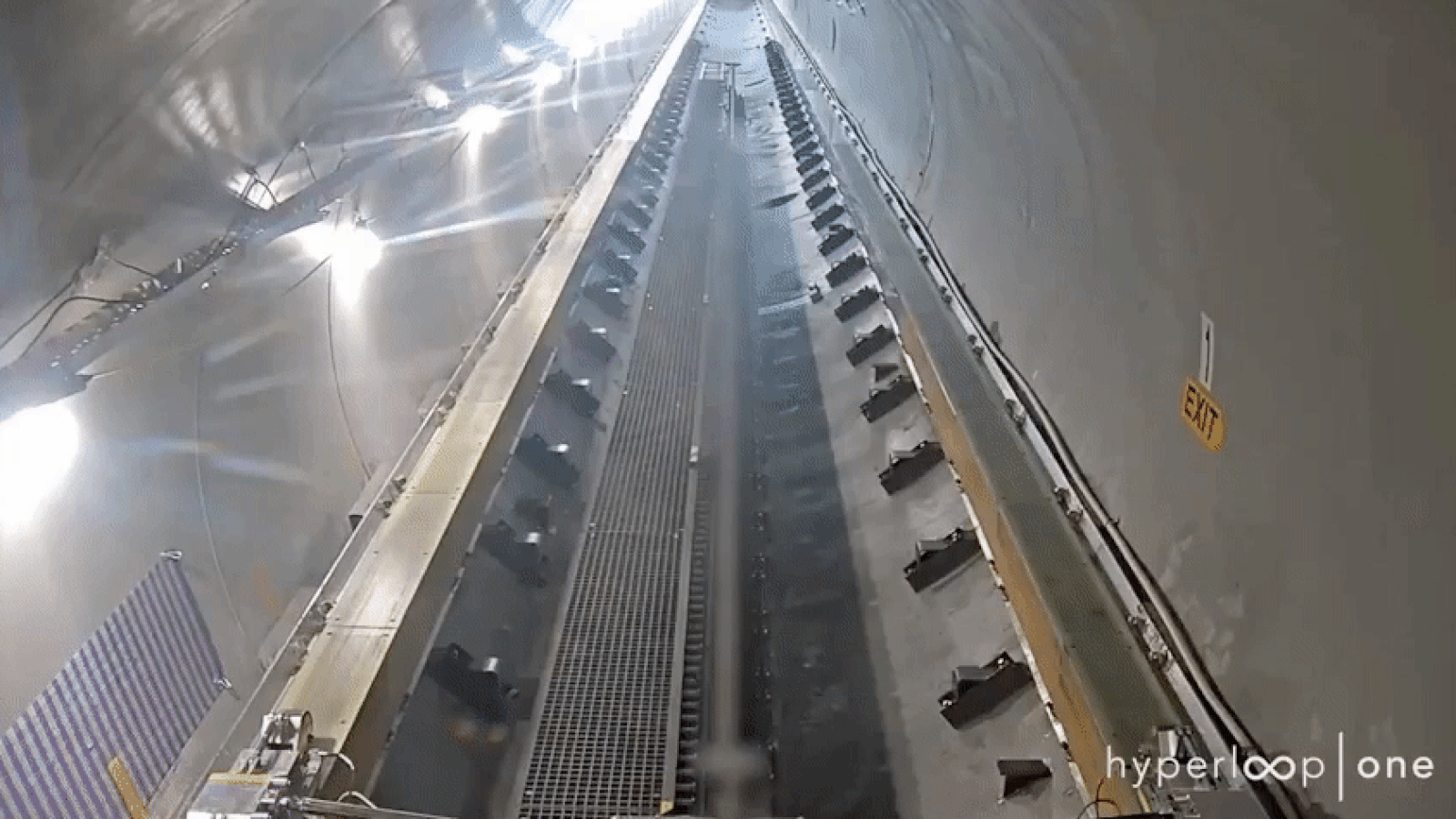Jul 31, 2017
This Paint Allows Walls to Convert Heat into Electricity
Posted by Shailesh Prasad in categories: solar power, sustainability, transportation
Paint these days is becoming much more than it used to be. Already researchers have developed photovoltaic paint, which can be used to make “paint-on solar cells” that capture the sun’s energy and turn it into electricity. Now in a new study, researchers have created thermoelectric paint, which captures the waste heat from hot painted surfaces and converts it into electrical energy.
“I expect that the thermoelectric painting technique can be applied to waste heat recovery from large-scale heat source surfaces, such as buildings, cars, and ship vessels,” Jae Sung Son, a coauthor of the study and researcher at the Ulsan National Institute of Science and Technology (UNIST), told Phys.org.
“For example, the temperature of a building’s roof and walls increases to more than 50 °C in the summer,” he said. “If we apply thermoelectric paint on the walls, we can convert huge amounts of waste heat into electrical energy.”
Continue reading “This Paint Allows Walls to Convert Heat into Electricity” »

















